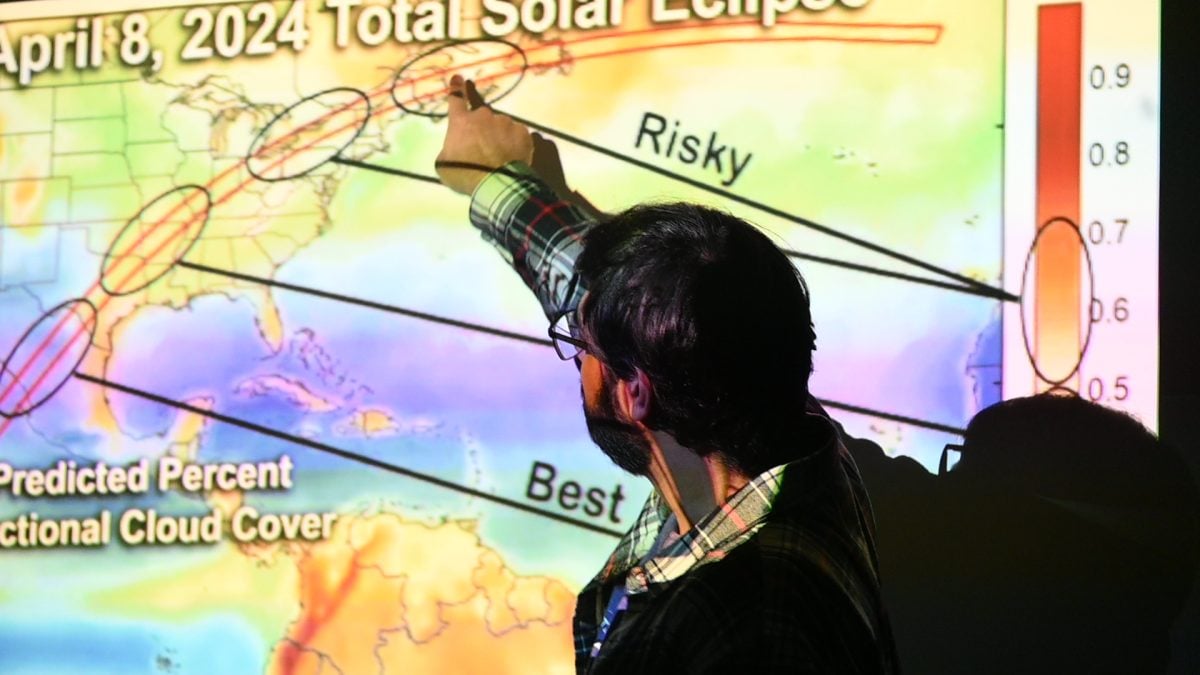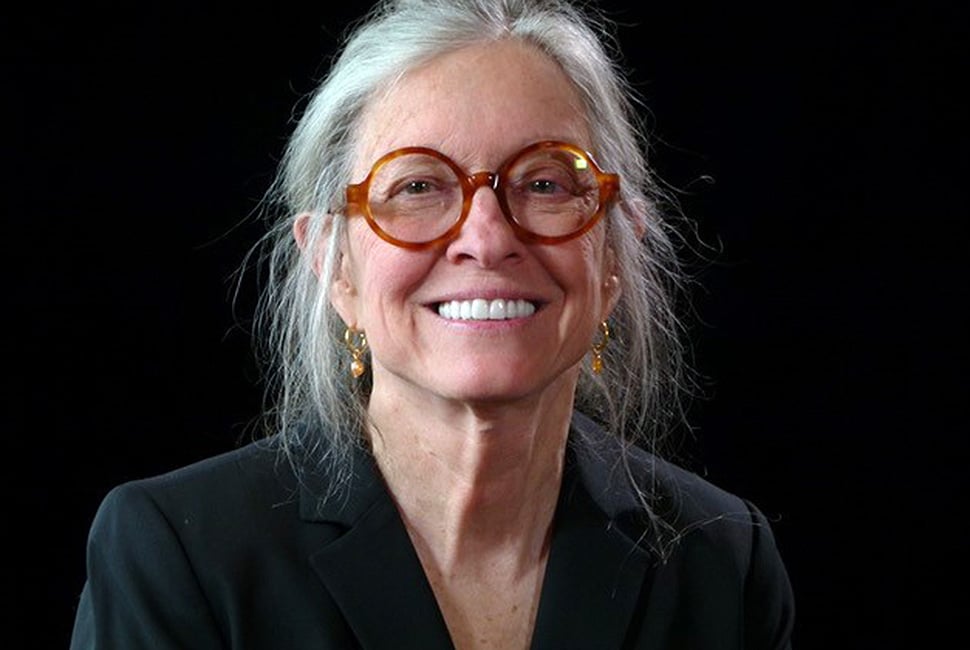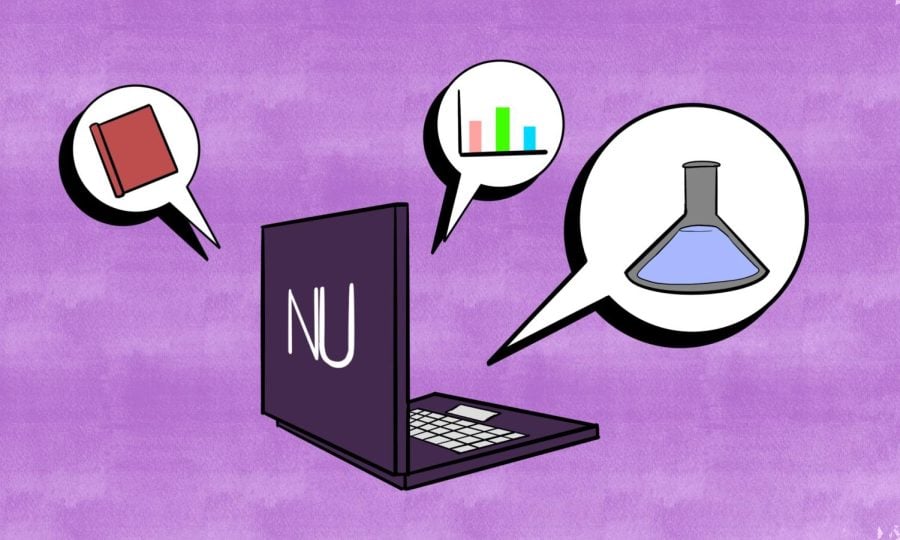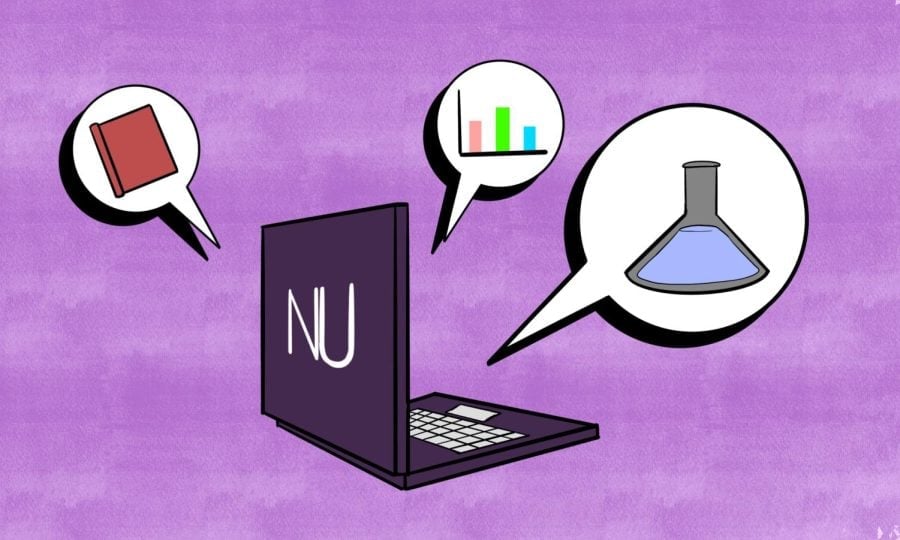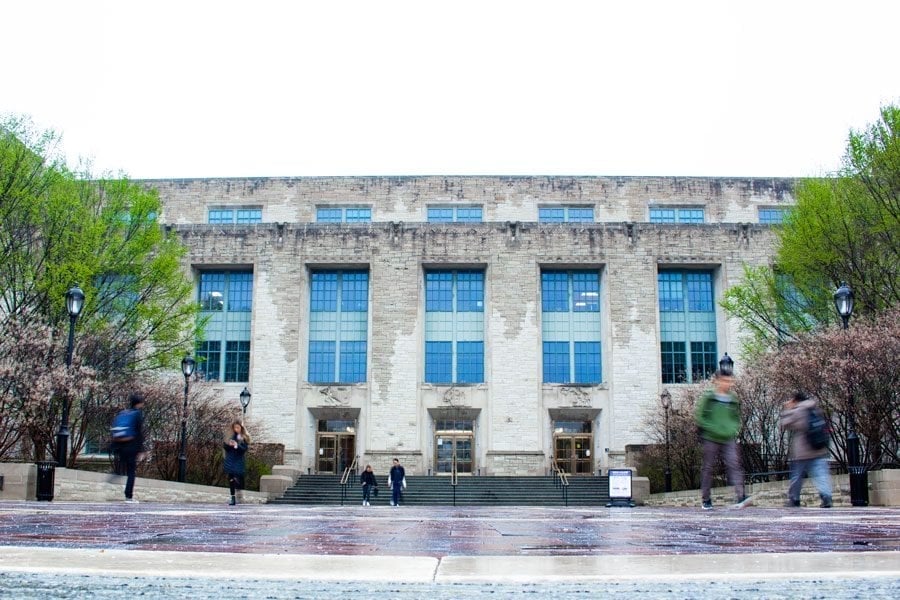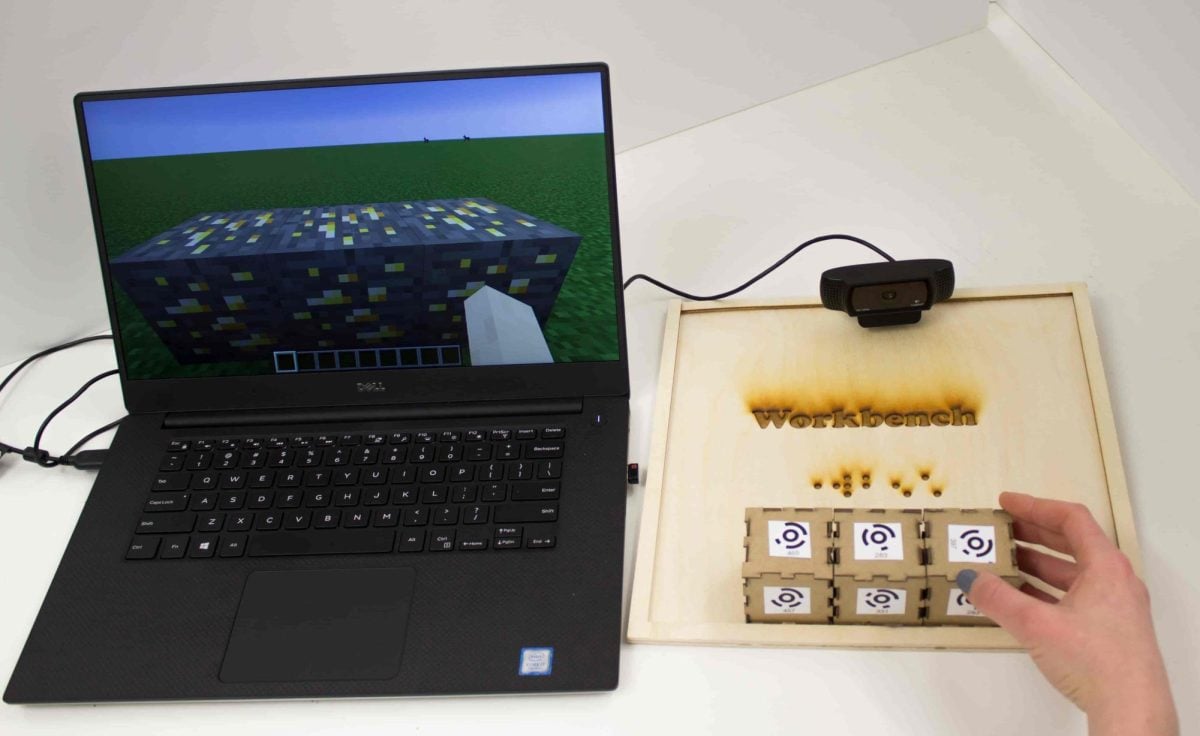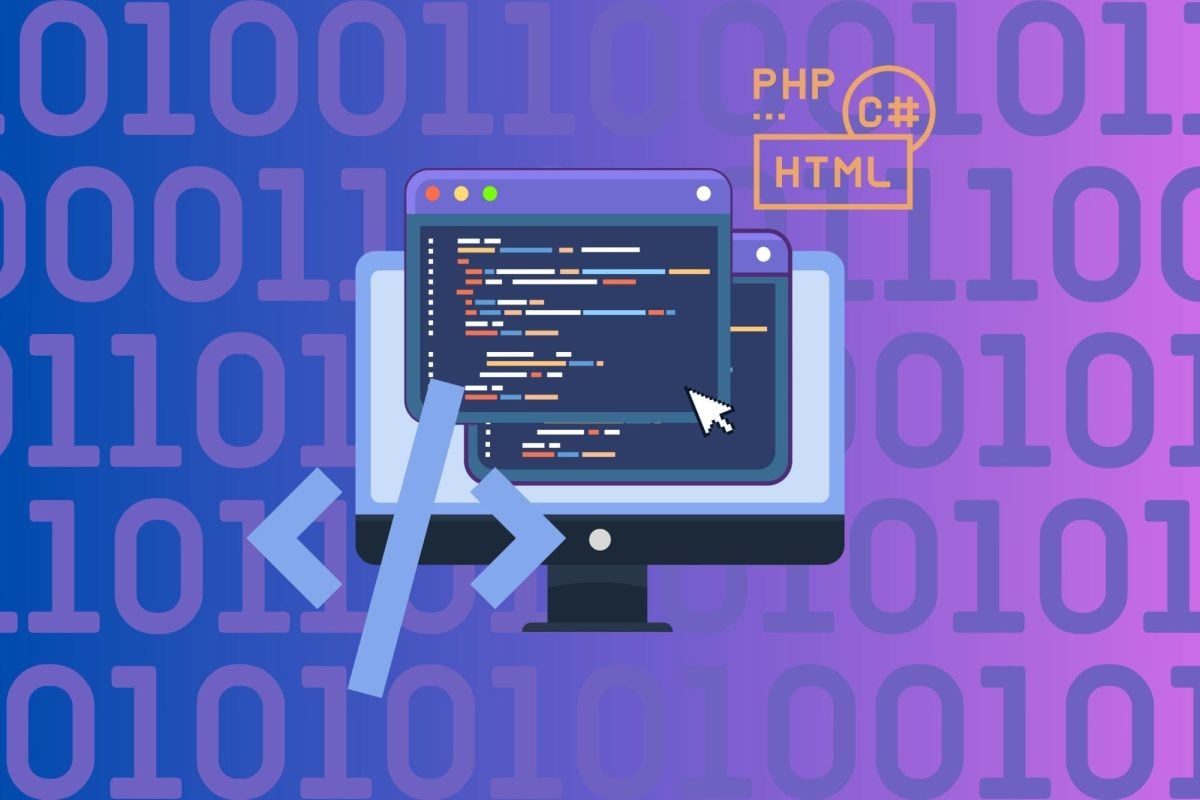Using a Northwestern professor’s research, a startup company based in Los Angeles broke records in laboratory tests of battery performance, it announced in late October.
Prof. Harold Kung is the lead author of a paper exposing breakthrough battery technology that the Advanced Energy Materials journal published October 2011. In conjunction with the Argonne National Laboratory, California Lithium Battery Inc. used information and methods described in the paper to develop technology that could be sold commercially.
Kung said he and his team began their research about five years ago. An advocate for developing sustainable use of natural resources, he focused on developing an effective way to reduce carbon emissions from vehicles. By improving the battery life of electronic cars, he said, people would be more inclined to buy them.
“I looked into why people don’t like to buy electric cars, which is because of the battery life,” he said. “So looking into that, we said ‘What can we do about it?’ Improve energy density and power delivery.”
However, some NU students predicted that despite an extended battery life, consumers would remain wary of electric cars.
“I think people are afraid that it’ll just run out in the middle of nowhere and they’re not going to have a way to charge it,” said Kathy Hong, SESP sophomore.
Funded by the U.S. Department of Energy, Kung and his team found a breakthrough in improving the negative electron of a battery called the anode. Postdoctoral researcher Xin Zhao, graduate student Cary Hayner and Prof. Mayfair Kung helped Kung compile their discoveries into the paper.
The company reported that with the new technology, GEN3, its batteries could hold three times more energy than the standard lithium-ion battery, which is used most commonly for consumer electronics.
“This equates to more than a 300 percent improvement in LIB (lithium-ion battery) capacity and an estimated 70 percent reduction in lifetime cost for batteries used in consumer electronics, EVs, and grid-scale energy storage,” CEO Phil Roberts said in a press release from CalBattery.
Regardless of the technology, the amount of sales will depend on the cost, said Kung.
“At the end of it, people buy the battery not just because the power density but the unit of energy per dollar,” he said.
NU has no affiliation with the company and is currently filing a patent for the information disclosed in the publication. The patent encompasses most importantly the material of Kung and his team’s discovery and its structural configuration and versatility, Kung said. If the patent is approved, CalBattery will have to negotiate with the University in order to sell its products, said Kung.
The company told news website Talking Points Memo that it plans to produce and sell material in the next two to three years.












